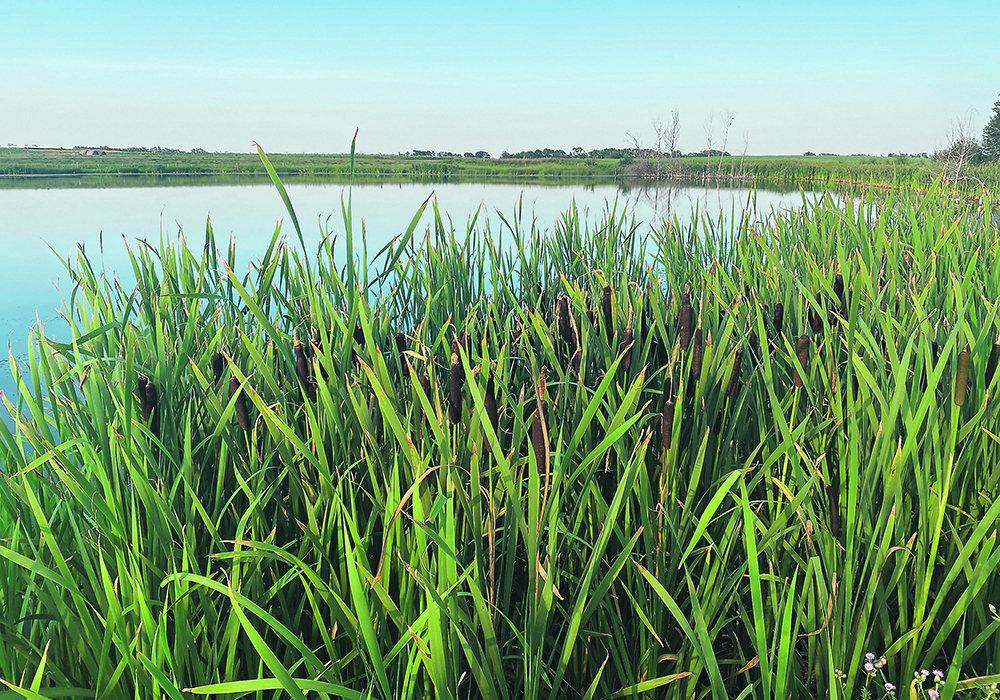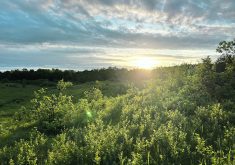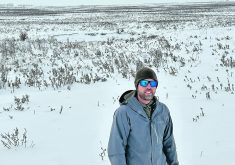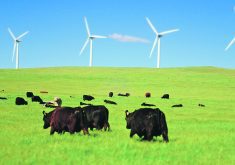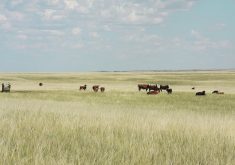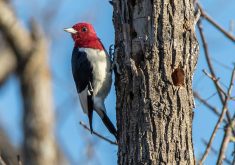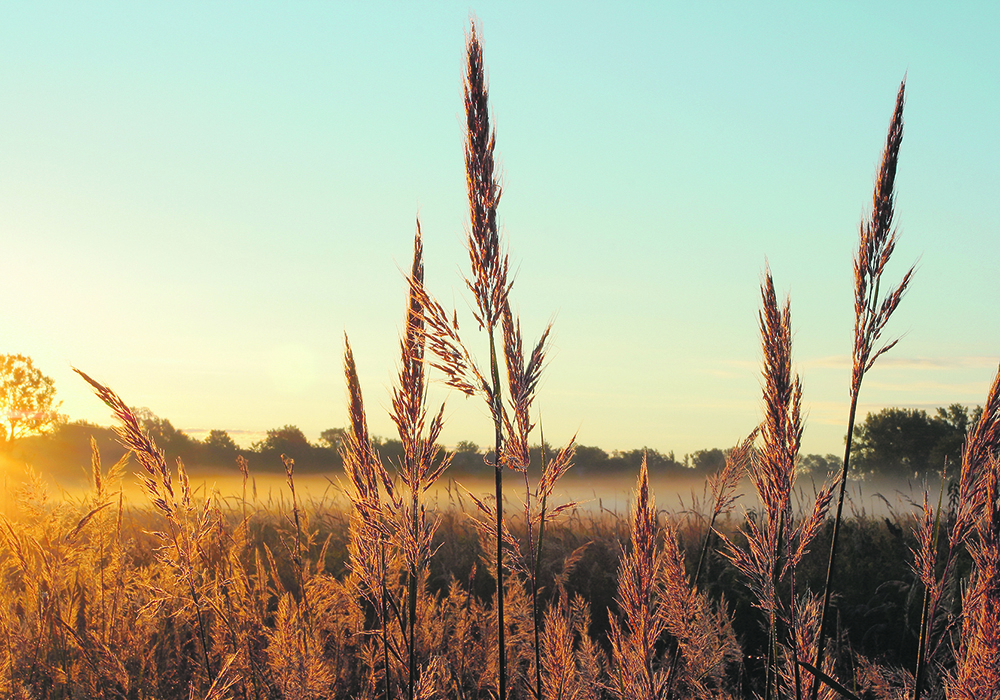Ducks Unlimited will help ranchers in the prairie pothole region voluntarily preserve and restore wetlands on their land
Certified Angus Beef and the U.S. branch of Ducks Unlimited are launching a three-year, $3 million Working Grasslands Conservation Initiative to help preserve native habitat for cattle and waterfowl across the U.S. northern Great Plains.
It’s a project they hope to bring to Canada in the near future.
Nicole Erceg, CAB communications director, said in addition to the project protecting areas encompassing the prairie pothole region, it’s also aimed at portraying cattle producers as responsible stewards of the land.
“We know that our consumers want to eat and purchase a product that is good for people, good for the animals and good for the planet,” said Erceg. “We share those values and I think it’s important as a leading premium brand to be able to show our commitment to that.”
Read Also
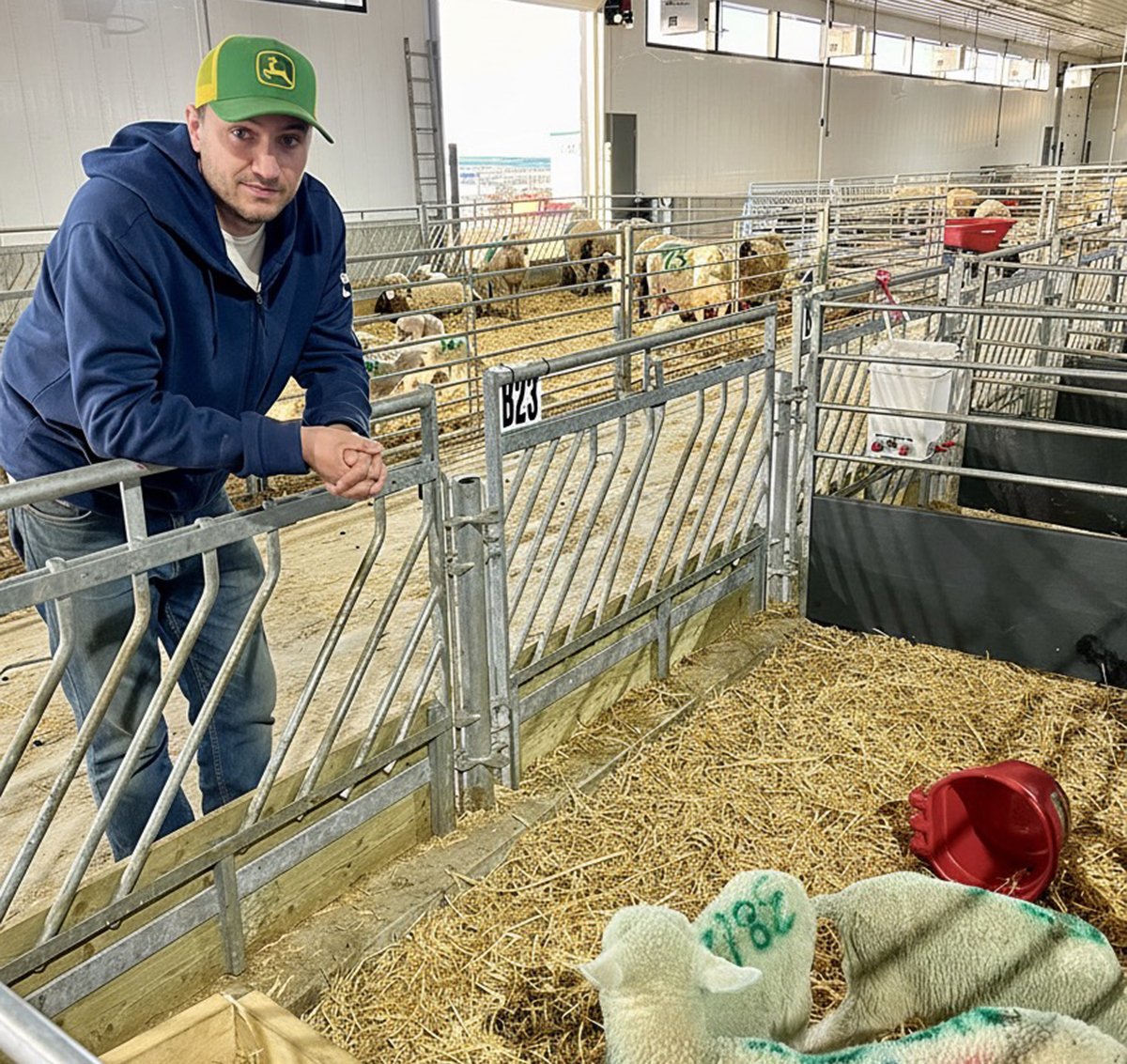
Solar, sheep provide valuable farm diversification
Eric Steeves says raising sheep on forages grown under solar panels provided economic stability and perhaps even saved his family’s fifth generation southern Alberta grain farm.
The prairie pothole region stretches from northern Iowa, across the Dakotas and along the Hi-Line area of northern Montana, taking its name from the numerous wetlands used by much of the continent’s migrating wild birds. In Canada, the area includes southwestern Manitoba, nearly all of southern Saskatchewan and southeastern Alberta.
The program will allow ranchers to garner assistance from Ducks Unlimited to protect, preserve and restore their wetlands on a voluntary basis and was developed last year following the Angus Convention in Texas.
Between the two organizations, $500,000 was raised, which was leveraged to access a further $2.5 million in grants for the initiative.
The need for a large ungulate population to graze native prairie to preserve grassland ecosystems is not widely known. But the sustainable agricultural practices of ranchers and the environmental stewardship message is something that can be communicated to consumers through programs such as these, said Erceg.
“We think cattlemen are doing a great job and so does Ducks Unlimited. Where we have overlap as organizations is we both care about grass and water,” she said. “The awesome byproduct of what cattlemen are already doing on the land is that it also provides critical wildlife habitat.”
For a rancher-owned brand, Erceg said projects like this are designed to continue to support family operations.
“If you look at the whole picture of the ecosystem that cattlemen and women are protecting and preserving every day by having beef on the land, it’s a positive story about agriculture, one we want to be able to amplify,” she said. “This is what you are supporting when you buy beef. It’s not just a great tasting product, it’s also preserving really important wildlife habitat and ecosystem to all of us.”
Erceg said CAB has hired a sustainability and animal-care scientist to help implement more projects to show the organization is committed to practices that are good for people, animals and the planet while keeping family ranchers on the land.
She added CAB is working with Ducks Unlimited Canada through the organization’s American branch to launch similar initiatives on this side of the border.


